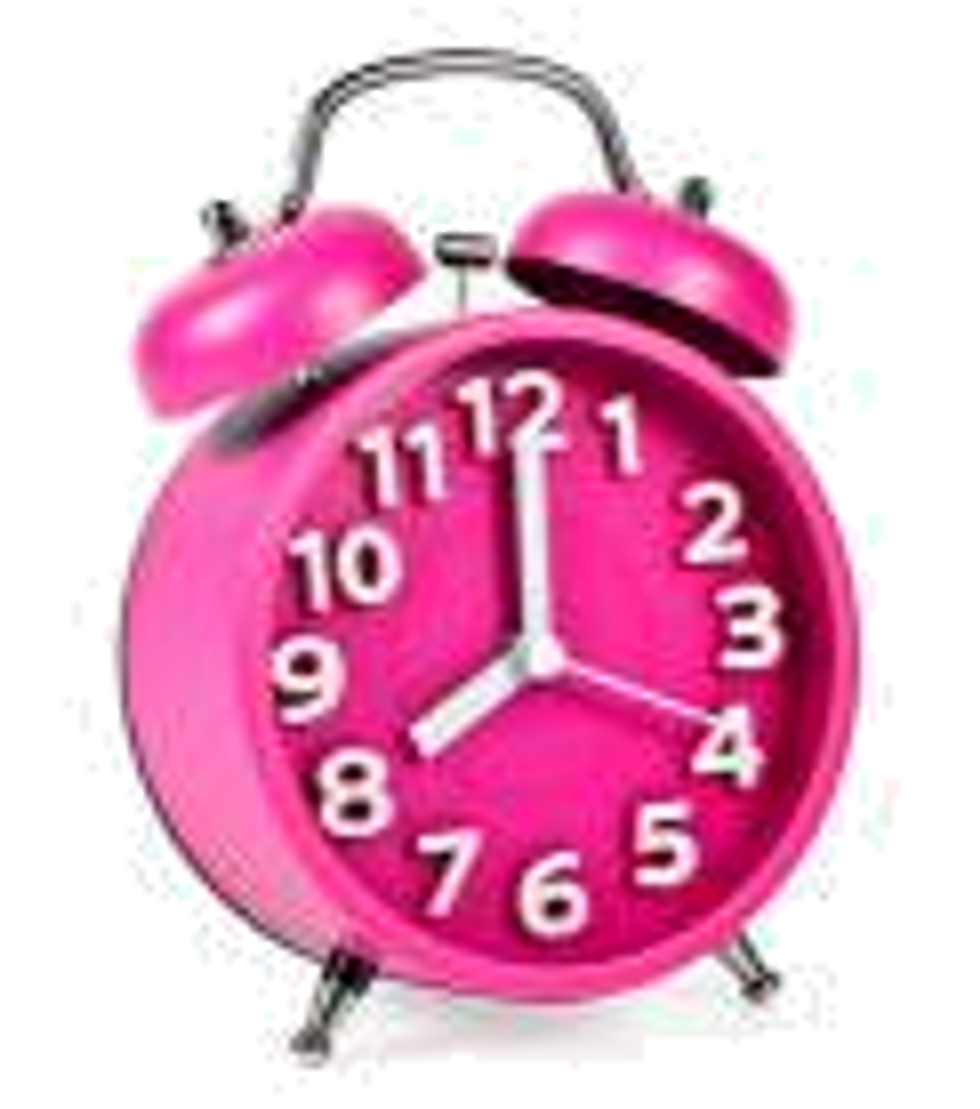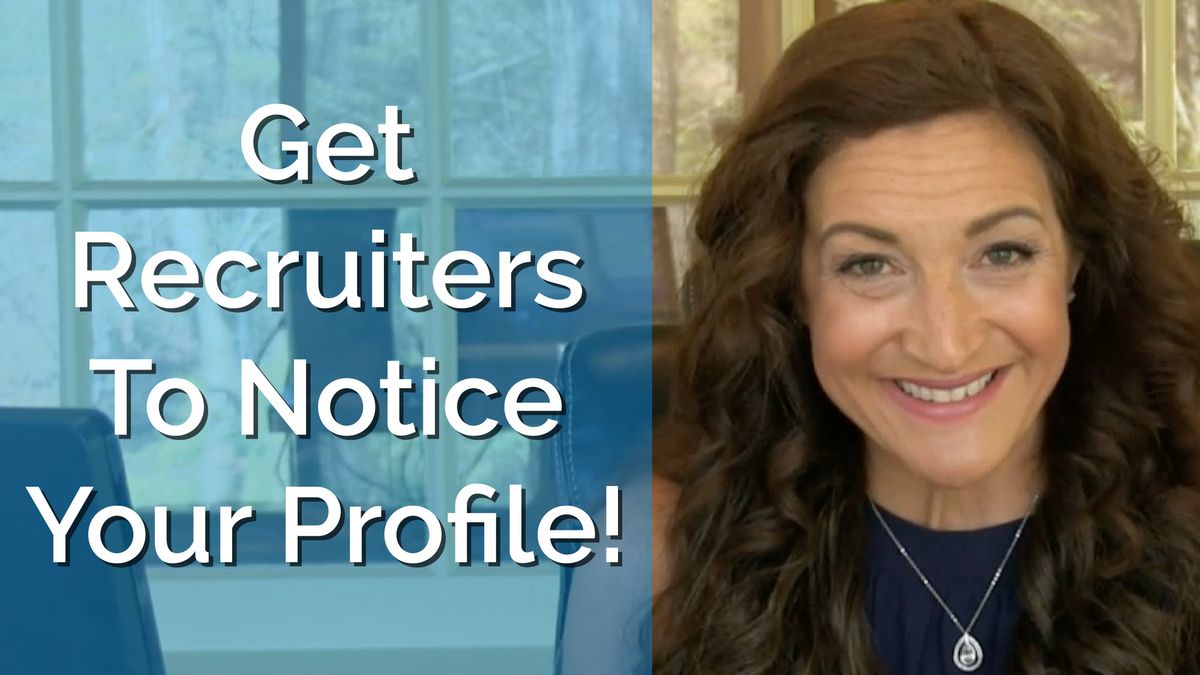Planning to reach out to recruiters during your job search, but don’t know how to approach them? You’re in luck. It’s easier than ever to find recruiters who specialize in your field by using LinkedIn—and even better, they’re often receptive to your queries from the site. Here are some tips for finding potential recruiters on LinkedIn, as well as the results of an informal recruiter survey conducted on LinkedIn that sheds some light on best practices for approaching these new contacts.
Locating Recruiters In Your Field
The Advanced People Search function, accessible from the Search bar at the top right of most LinkedIn pages, is one of the best tools for job seekers trying to find key contacts. To use the search capability, select "People" from the drop-down next to the search box, then click on "Advanced." From the Advanced People Search menu, here’s where you’ll want to perform a simple query on keywords. For example, a search on “recruiter technology” turned up thousands of names for IT recruiters. Of course, you can expect to refine your keywords, perhaps adding in an area of specialty to help hone in on the recruiters who seek candidates at your career level.Sending An Introductory Message
After identifying a pool of key recruiter contacts, you’ll need to craft an introduction that is succinct, professional, and related to your area of specialty – keeping in mind that this note should be tuned specifically to each of your new contacts. As one person noted in a survey from LinkedIn on recruiter queries, many recruiters are “very receptive” to receiving a note from a candidate, especially one whose experience and career level aligns with their particular area of specialty. Beware, however, that this note must explain the purpose of your query. Another recruiting manager noted that a “good approach” includes an explanation of your reasons for the contact and what you’re seeking. It’s not enough to ask if the recruiter is seeking candidates with your background! Here’s a script for reaching out to a recruiter: “As an IT auditor engaged in a search for new positions within the Chicago area, I am interested in finding out more about the positions you source. I’ve recently completed an assignment with Ernst & Young, and my intent is to build relationships within the banking community. I welcome any suggestions you might have for me, and as I maintain contact with colleagues in the auditing field, I can also help refer candidates to you. Thank you for your time.” In this situation, you’ll want to be specific about your skills and fitness for your career goal, allowing the recruiter to see how your qualifications apply to this job type. To put it another way, your message needs to resemble a cover letter. Often, this first note stimulates dialogue that allows the recruiter to point out job listings from corporate websites, or to add the job seeker to an internal recruiting database. In addition, some recruiters will help you follow their current sourcing requirements by directing you to their primary method of streaming new job postings (such as a Twitter or RSS feed).Maintaining Contact
If you find that a recruiter responds to you with a note stating that they’ll “keep your resume on file,” don’t despair. This is common practice, and can indicate that they expect to receive a future request for candidates with your skills. Staying on the recruiter’s radar is important, but it does require additional effort on your part. As one recruiter suggested, sending a short note via LinkedIn or through email approximately once per month is a great idea, as it will help keep your skills top-of-mind when new sourcing requirements cross the recruiter’s desk.Bottom Line
LinkedIn can be, as one recruiter noted, a “massively useful tool for job seekers.” However, you’ll want to demonstrate professionalism and purpose when using it to contact recruiters to support your search. Enjoy this article? You've got time for another! Check out these related articles:
Enjoy this article? You've got time for another! Check out these related articles:- 3 Things You Should Know Before Contacting A Recruiter
- 7 Rules To Follow When Dealing With Recruiters
- Recruiter Reveals 7 Salary Negotiation Strategies


 Bigstock
Bigstock Bigstock
Bigstock Bigstock
Bigstock


